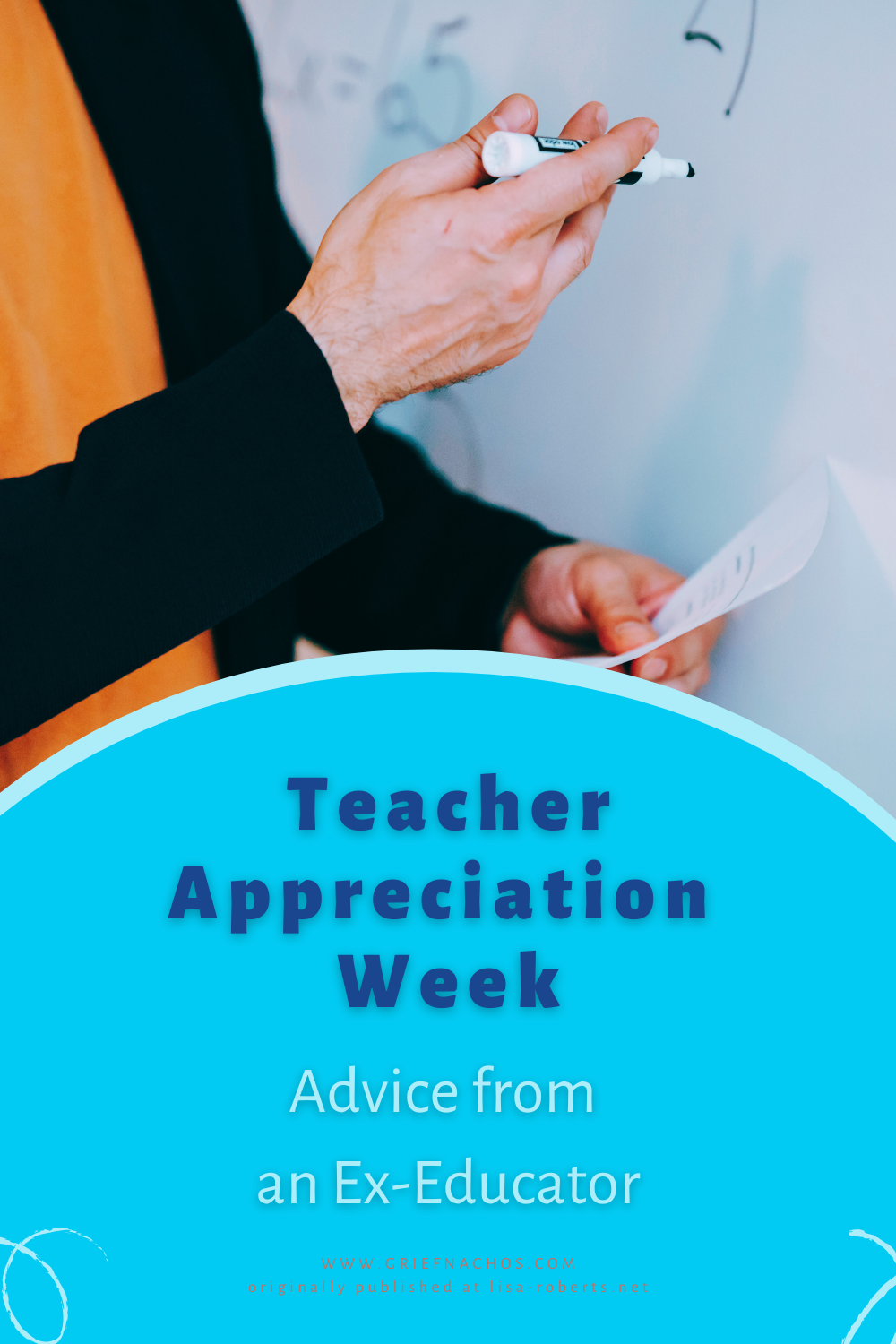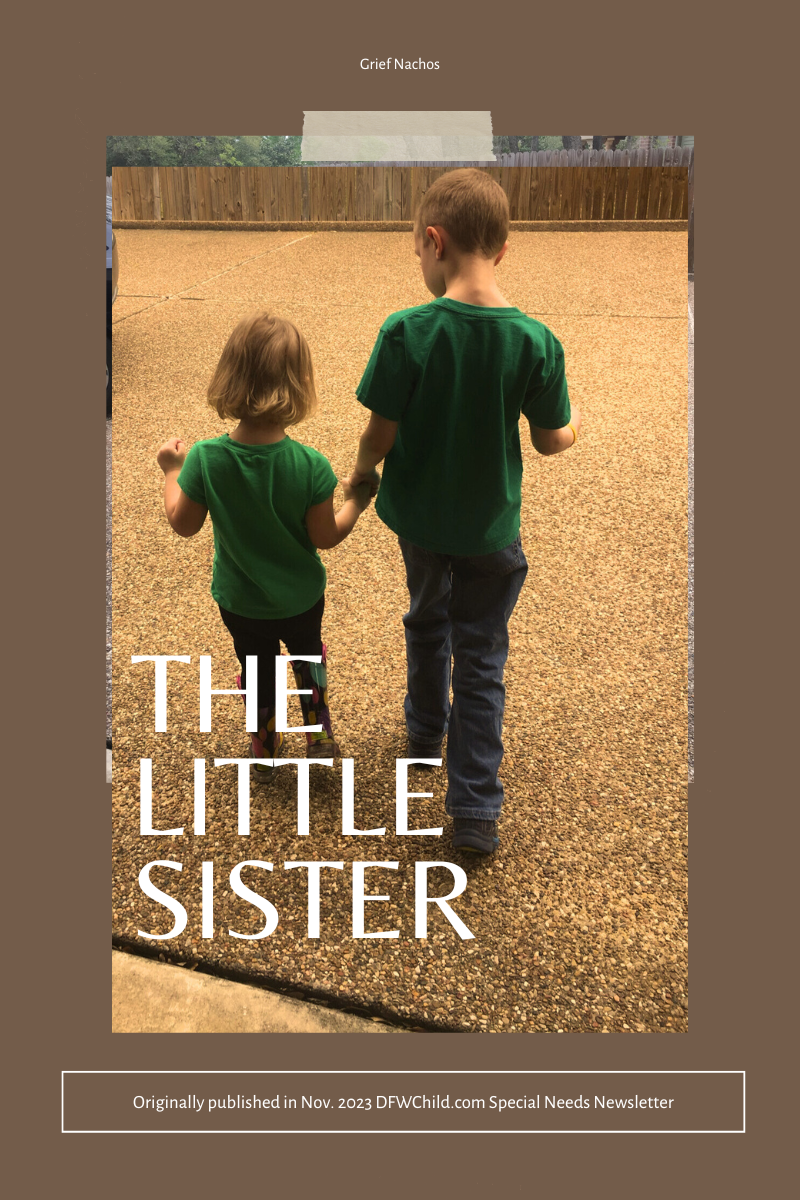In my former life, I taught high school English. On my best days, I inspired teens to ponder the complexities of Hamlet and embrace The Great Gatsby. On my worst, I toiled fruitlessly to teach them to master comma placement and properly use their, there, and they’re. But truly, every day, I enjoyed spending fifty minutes with kids on the cusp of adulthood, discovering who they were and who they might become.
Maybe this is why I would imagine: which of my students might my eventual children be like? My fifth year of teaching, these musings became more tangible; I was pregnant with my son. I would scan the seating chart. Would he be like the hilarious drum major in my AP class? The wise-beyond-his-years baseball player from sixth period? Or maybe the long-haired loner reading Camus – at 16, for “fun”?
Two years and dozens of visits to speech therapists, audiologists, and developmental specialists later, I learned I would have a son I never expected: one with autism. It was clear by the time his sister arrived three years later that his deficits were so significant that he would never be in a class with grade-level peers like those I taught. His same-aged peers might encounter him when serving as peer helpers or Best Buddies. Or they might never meet him at all.
The world I imagined and the world we now inhabited had nothing in common.
At times this realization was (and, candidly, still is) too much to process. If you’re also parenting a child with special needs, I know you get it. It hurts to think about how life might be without ARDs, IEPs, BIPs, and other acronyms we never knew would run our lives. Seeing your friends with kids the same age, blissfully ignorant of life with appointments and therapies and interventions, instead enjoying Homecoming and sports and… just normalcy… The chasm between worlds feels impossibly vast. The isolation, despair, and envy can swallow you whole if you let them.
But we know that even if we wanted to wallow – there’s too much to do. So we press on.
But maybe we shouldn’t. I believe we do need to think about what might have been.
What might have been if my Luke was the drum major? Then I would have missed out on the boy with exquisite musical taste, spanning from Bruce Springsteen to the Backstreet Boys and every genre in between, who can belt out “I Want It That Way” with unrivaled flair (and, as anyone within a mile radius, volume).
If he had been a baseball star, my family wouldn’t get to experience the pure joy and camaraderie of at Special Olympics, and Lord knows that these days, we need all the encouragement about humanity we can get.
If he had been the loner reading the classics, I wouldn’t get to marvel at my wizard who can find Waldo on every page of every book and game in which he’s ever appeared.
Do I ever pity the family we might have been without Luke.
He’s shown us that listening involves not only your ears, but also your eyes, memory, and heart.
He’s introduced us to a village of teachers, therapists, specialists, and friends like family who share our challenges and celebrate our wins.
He teaches his little sister lessons on tolerance that, while hard for her to understand now, will grow her heart in ways that will help her change the world.
He’s the sous chef who ensures his dad sticks exactly to the recipe each night.
He’s the boy, every day, looking more and more like a man, who will never be so cool that he won’t hold his mama’s hand when he crosses the street.
He’s nothing like I ever expected.
And there’s nobody else on any past or future seating chart that I would rather call my own.
This piece was originally published in the May, 2023 Special Needs Newsletter of DFWChild.



